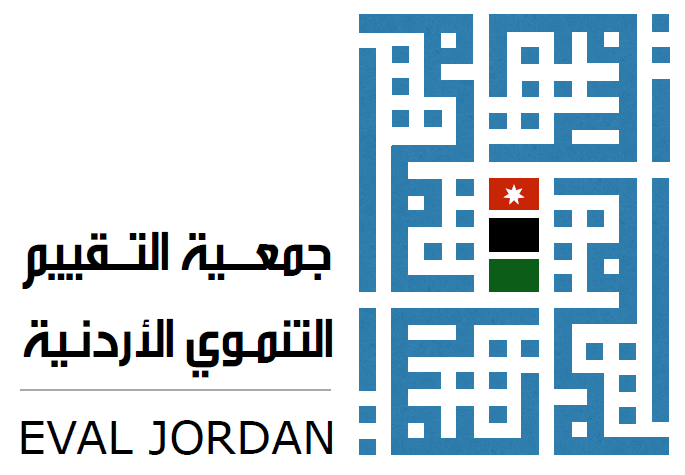A 'public hearing' on Evaluation in Democracy, coordinated by the European Evaluation Society, was held in the Parliament building in Brussels on April 10 2013. The overarching purpose of the event was to stimulate debate and innovative thinking about the potential role of evaluation in the European Parliament and the European Commission. The event was sponsored by Tarja Cronberg, Member of the European Parliament (see Photo). She spoke of evaluation as a tool for the empowerment of citizens; a way of promoting social learning, identifying priority policy interventions, and reducing the democratic deficit in the European Union.
Cronberg asked participants to focus on the use of evaluations and to address the question “Do we use evaluation in an optimal way as seen from stakeholders' and citizens´ perspectives?”, holding the view that it’s up to the “experts to understand citizens' perspectives, and not for citizens to become experts”. This view was later balanced by the observation that “citizens must be able to trust institutions for evaluation to play a role".
The complex issues of evaluation in democracy, and democracy in evaluation, were addressed from many different angles, including the inter-relationship of accountability and learning. The boundary between accountability and learning is seen as increasingly blurred. As Elliot Stern said “we must learn to be accountable and we must be accountable for learning”. Although accountability and learning are two sides of the same coin the assurance dimension of accountability is the natural province of auditing while learning is the privileged dimension to evaluation. A combination of external, control-based audit assurance and democratic oversight supported by learning through meaningful, participatory evaluation was regarded as desirable.
The event was not limited to theorizing about the role of evaluation or democracy: two round tables involving representatives from both the European Parliament (EP) and the European Commission took place, in order to steer the debate towards a more “real world practice” angle. Both the EP and the EC have increased their evaluation capacity. However the citizens' perspective is not yet playing a central role in on-going evaluation work. All in all, it appears that an independent evaluation function reporting to the EP would complement the Commission self-evaluation processes and help fill the EU democratic deficit by strengthening EP oversight over the policy cycle. However, the debate is far from over and the EES is fully prepared to continue the dialogue with EU institutions as well as to foster and contribute to public debate about this topic within civil society and the global evaluation community.
For additional information, please visit http://europeanevaluation.org/1366206322-ees-public-hearing-at-the-eu-parliament.htm and/or contact Liisa Horelli at [email protected]
.jpg)
.jpg)










.jpg)



















.jpg)




